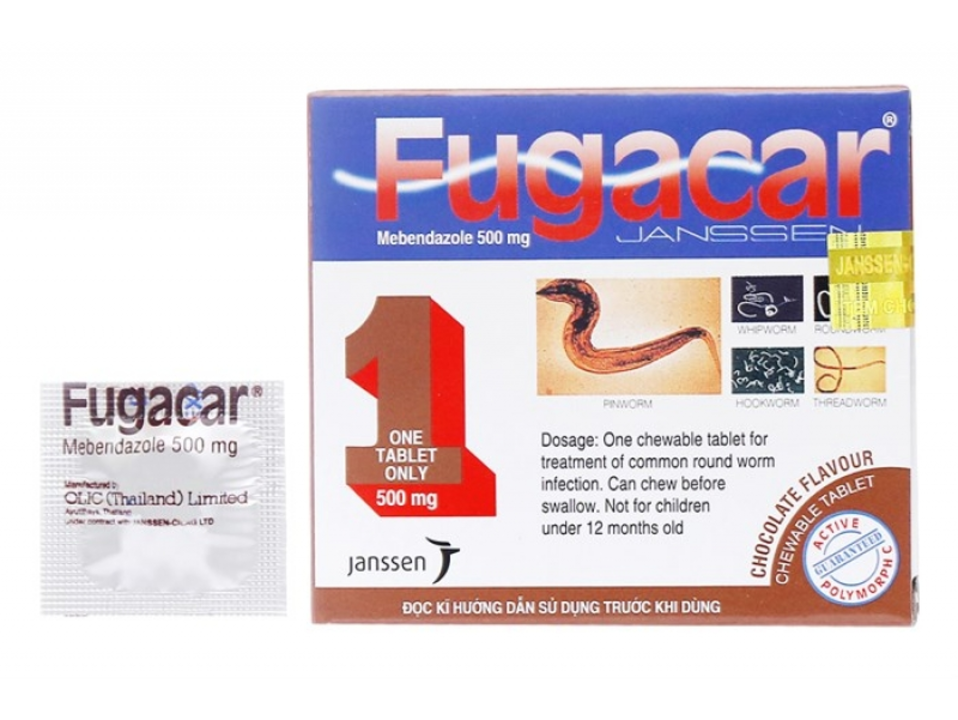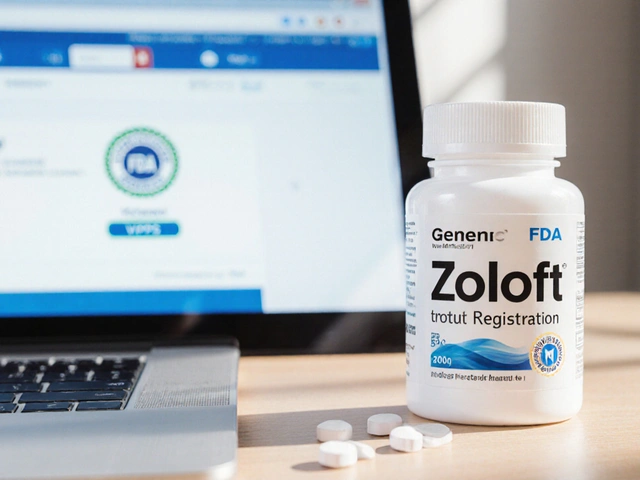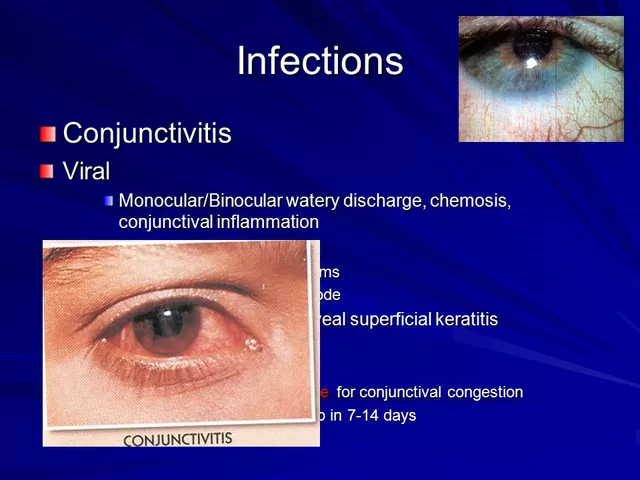Parasite treatment: what to do, what helps, and when to get help
Parasite infections can feel embarrassing or confusing, but most are treatable once you know what you're dealing with. If you have persistent diarrhea, unexplained weight loss, severe belly pain, itchy skin, or a fever after travel, don’t ignore it. Quick testing and the right medicine usually clear things up fast.
How parasite infections are diagnosed
Doctors usually start with questions about symptoms, recent travel, food or water exposure, and pets. The most common tests are stool samples to look for eggs or the parasite itself. For some infections — like tapeworms that lodge in tissue or parasites that cause liver problems — blood tests, ultrasound, or CT scans may be needed. For scabies or lice, a visual exam often gives the answer.
One negative stool test doesn’t always rule out parasites. Some parasites shed intermittently, so you might need two or three samples over several days. If symptoms continue but tests are negative, your provider may order antibody tests or refer you to an infectious disease specialist.
Common treatments and safety tips
Different parasites need different medicines. Albendazole and mebendazole are often used for roundworms and pinworms. Metronidazole or tinidazole commonly treat Giardia and certain protozoa. Praziquantel treats many tapeworms and fluke infections. Ivermectin is effective for strongyloides and scabies in some cases. Malaria and other blood parasites require specific antimalarial drugs — those are prescription-only and depend on the species and where you were infected.
Never self-dose based on internet advice. Antiparasitic drugs can interact with other medicines and have side effects. Always confirm the diagnosis with a clinician and follow their prescription and follow-up plan. If you buy meds online, use a licensed pharmacy and keep the prescription.
Some herbal remedies are listed online, but evidence is limited and quality is inconsistent. Don’t replace prescribed treatment with unproven alternatives, especially for severe infections.
Prevention is straightforward: wash hands after toilet use and before eating, drink safe water, cook meat and fish thoroughly, wash produce, avoid walking barefoot in high-risk areas, and treat pets for parasites as recommended by your vet. For travel, check local health advice and consider preventive meds if recommended for malaria.
Seek urgent care if you have high fever, severe dehydration, bloody stools, trouble breathing, fainting, or rapid weight loss. For ongoing mild symptoms, get testing and a follow-up plan — many parasites need a second test after treatment to confirm they’re gone.
If you want, check our articles on safe pharmacies, how to get prescriptions online, and specific drug guides before you buy medication. Get tested, follow medical advice, and use prevention steps to avoid a repeat infection.










